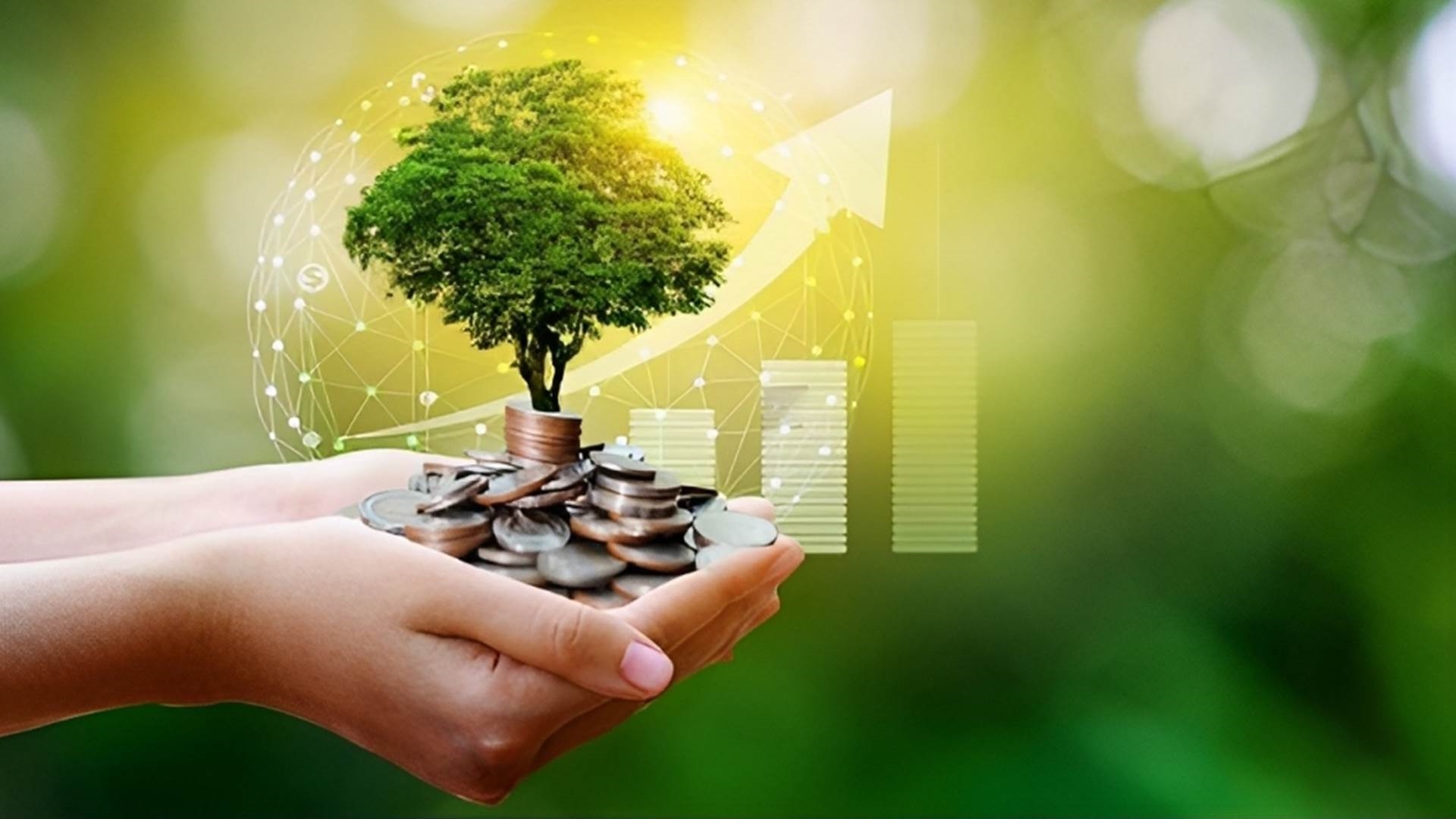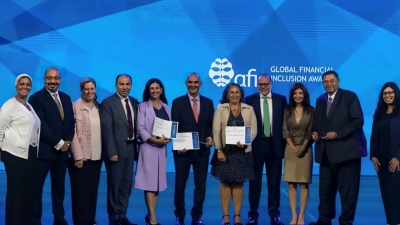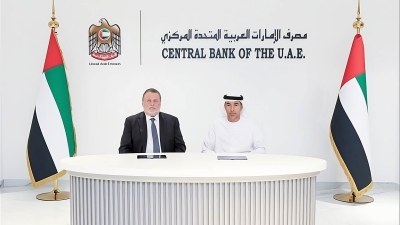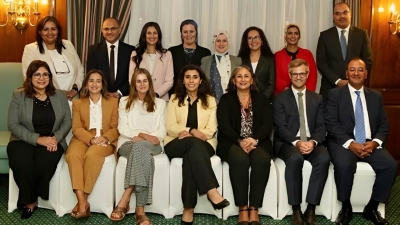Central Bank of Egypt enhances its efforts in sustainability file
Mai El-Kafoury

It was a year of extreme climate events, in which we witnessed record global temperature spikes, increasing extreme weather phenomena around the world, increasing talk of the most severe consequences yet to be seen, and their devastating effects on the environment, health and the economy, which would exceed the limits of man's ability to adapt to the new situation.
This has led central banks around the world to focus on sustainable financing as a means of achieving economic stability and sustainable development goals, as environmental and social risks are detrimental to the performance of financial institutions, and the Central Bank of Egypt has not been spared.
In recent years, the Central Bank of Egypt has made significant efforts, most notably by issuing the Guiding Principles of Sustainable Finance in July 2021 through capacity-building and knowledge-building, promoting sustainable financing, involving stakeholders, managing climate change risks, applying sustainability principles to the Bank's internal activities and work, and preparing reports.
The efforts of the Central Bank of Egypt did not stop there, announcing in 2022 the accession to the Network for Greening the Financial System (NGFS), one of the world's most important specialized entities in the field of green economy.
The International Network is building on the achievement of the United Nations Sustainable Development Goals and the principles of Paris Climate Agreement, and aims to strengthen the banking sector's role in managing environmental and climate change risks and injecting capital for green enterprises by sharing experiences and applying international best practices.
Its tireless efforts continued, and last year the Bank issued new instructions on sustainable finance, which is one of the effective steps to strengthen the role of the banking sector in realizing the State's vision and propelling the transition towards a green economy and addressing environmental and social risks.
The instructions issued in November 2022 included several key areas, including the establishment of an independent department for sustainability and sustainable financing for each bank, as well as the obligation for banks to include policies and operational procedures for sustainable financing in the bank's credit and investment policies, as well as the use of an environmental consultant to evaluate large corporate projects to be financed from an environmental perspective, and finally the preparation of periodic reports in this regard.
The Central Bank continued its efforts, launching this year several initiatives within the Arab Day of Financial Inclusion, which takes place on April 27 every year. Its activities in Egypt extend over a month.
Initiatives launched by the Central Bank within the activities of the Arab Day of Financial Inclusion included allowing banks to be located outside their branches in different governorates of Egypt, especially in remote areas, interacting with citizens through the opening of accounts at no expense and at no minimum, encouraging e-wallet customers to activate and use their wallets, and providing and sponsoring financial education activities.
In addition, The Central Bank, in partnership with the World Food Programme (WFP), has also launched a project to increase smallholder farmers' productivity and livelihood by standardizing holdings, diversifying and increasing sources of income, lining agricultural canals, encouraging the use of modern irrigation methods to enhance water efficiency and the use of solar panels in agriculture, reflecting the importance of financial inclusion in promoting sustainability and environmental conservation efforts.
The Central Bank has also issued instructions to protect the rights of bank customers, digital service rules and systems such as mobile phone use and digital payment tools, thereby contributing to the expansion of the availability and use of financial services, and supporting the achievement of sustainable development goals.
Meanwhile, the Bank, in its Financial Stability Report 2022, has revealed the possibility of establishing green banks in accordance with the provisions of the Central Bank Law and the new banking system.
The Central Bank said that green banks will help secure low-cost capital financing for clean and renewable energy projects and projects that generally aim to improve environmental quality at appropriate prices and conditions
It explained that through sustainable finance, investment opportunities can be enhanced and foreign currency injected, by attracting a new segment of investors who place sustainable finance among their objectives, and the issuance of green bonds can be enhanced as environmental and social investment becomes more widespread.







